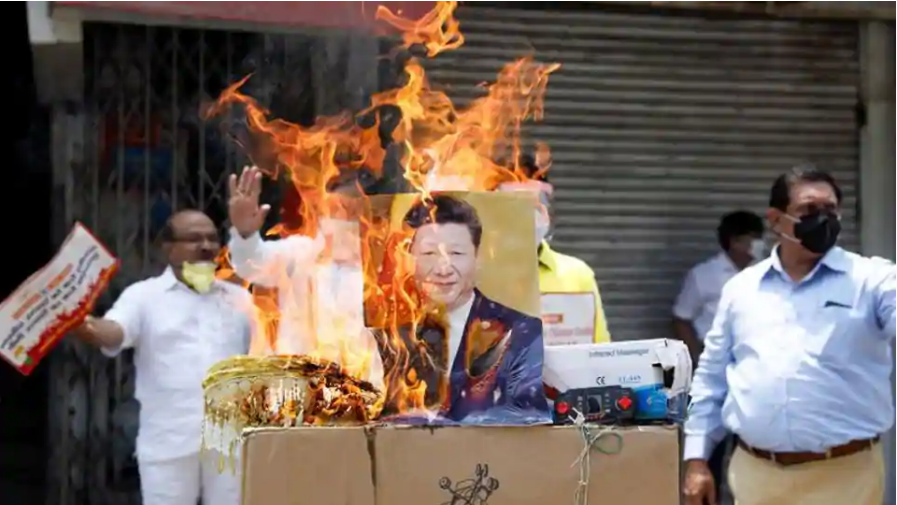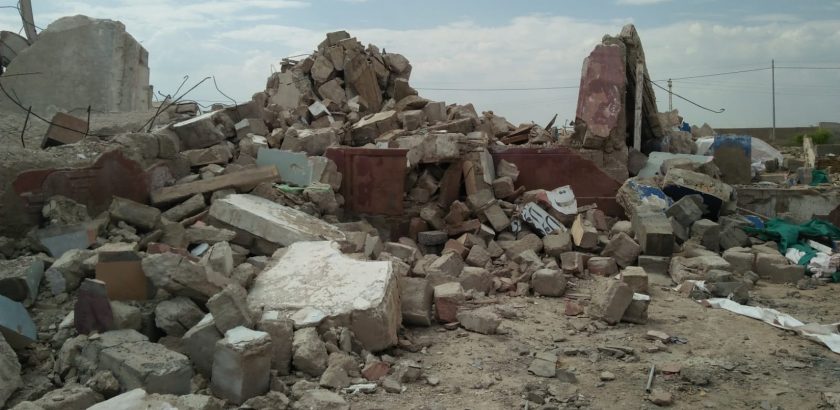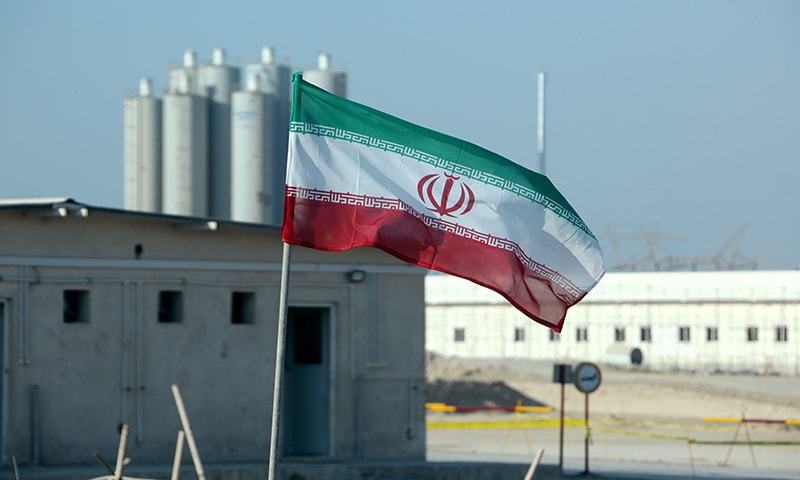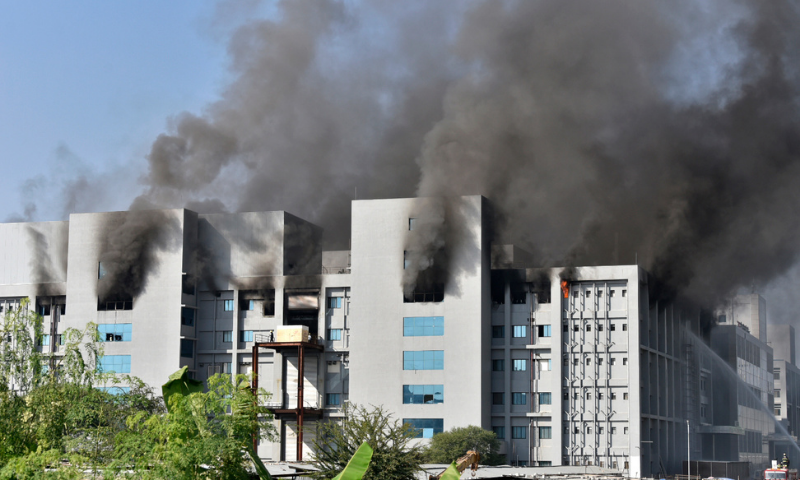![]()
COURTESY BY: https://www.hindustantimes.com/
Beijing on Tuesday said the tripartite grouping of Russia, India and China should maintain strategic autonomy, “properly handle” sensitive issues in bilateral ties and overall maintain a good relationship.
Speaking at the Russia, India and China (RIC) virtual foreign ministers’ meeting on Tuesday, state councilor and minister, Wang Yi said the three countries “…should correctly treat and properly handle sensitive factors in bilateral relations and overall maintain a good relationship”.
“Properly handle sensitive factors” in bilateral issues was the closest that Wang came in referring to the ongoing border tension with India, according to the statement in Mandarin released by the Chinese foreign ministry on the RIC foreign ministers’ meet.
India’s external affairs minister S Jaishankar and Russian foreign minister, Sergei Lavrov took part in the meeting.
India and China are facing their biggest diplomatic and military crisis in decades following the violent face-off between Indian and Chinese troops in eastern Ladakh’s Galwan Valley on the night of June 15, which left 20 Indian soldiers dead.
Since the night of violence last week, New Delhi and Beijing have traded sharp accusations and diplomatic counters about the sequence of events that led to the brawl that turned deadly in the icy terrain of eastern Ladakh.
At the RIC meet, however, the interaction, as per the official version, was seemingly more cordial.
Wang said China supports Russia to hold the first China-Russia-India defence ministers meeting to enhance the level of defence and security cooperation.
According to the statement, Wang recommended establishing a tripartite ministerial dialogue mechanism in the professional fields of economy, trade, energy, transportation, education, culture, and health; and, establish a panel of experts and celebrities to provide suggestions for deepening the tripartite cooperation.
Wang said it was important to improve the cooperation level of the Shanghai Cooperation Organisation in various fields and maintain the unity and cooperation of the BRICS countries.
On tackling the Covid-19 pandemic, Wang said sharing lessons learned from useful experience in tackling the outbreak and cooperation in drug and vaccine research and development was important.
The three countries should explore the establishment of a joint defence and joint control mechanism against the pandemic, and establish a “fast channel” for personnel and a “green channel” for logistics.
The three countries should jointly promote international anti-epidemic cooperation, “resolutely resist” stigmatising the epidemic situation, and support the WHO.
Without directly referring to the US, Wang said some countries are disrupting the world order even as the Covid-19 pandemic rages globally.
He said the Covid-19 outbreak was bringing a series of complex changes to the world.
On the one hand, unilateralism, protectionism, and bullying were on the rise; some countries and forces were eager to “de-link” and “de-group”, disrupt international cooperation against the epidemic, and “…try to provoke ideological and social confrontation, thus putting the world in danger”.
He said it was important to maintain the global industrial supply chain.
The Chinese statement said both Russia and India firmly support multilateralism and multipolarisation and advocate that international relations should be based on generally accepted norms of international law.




